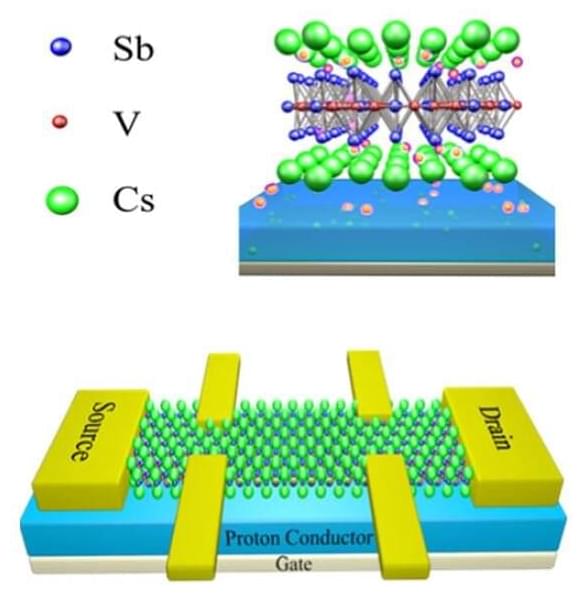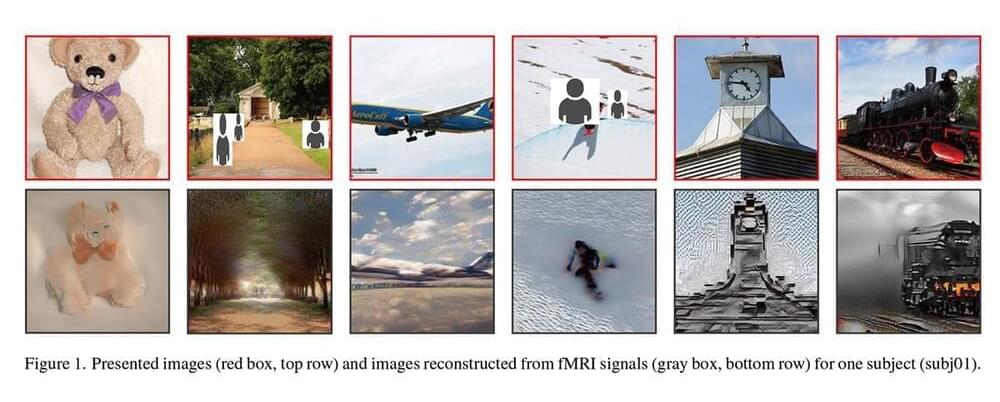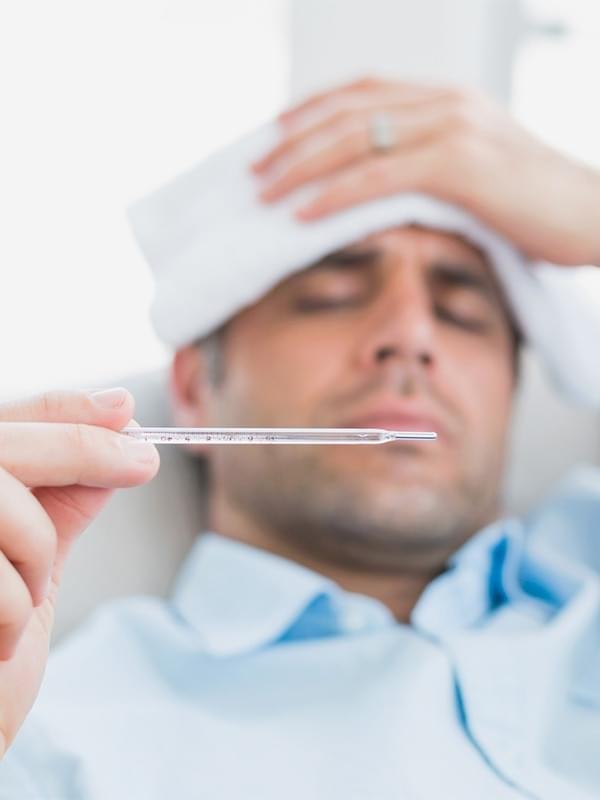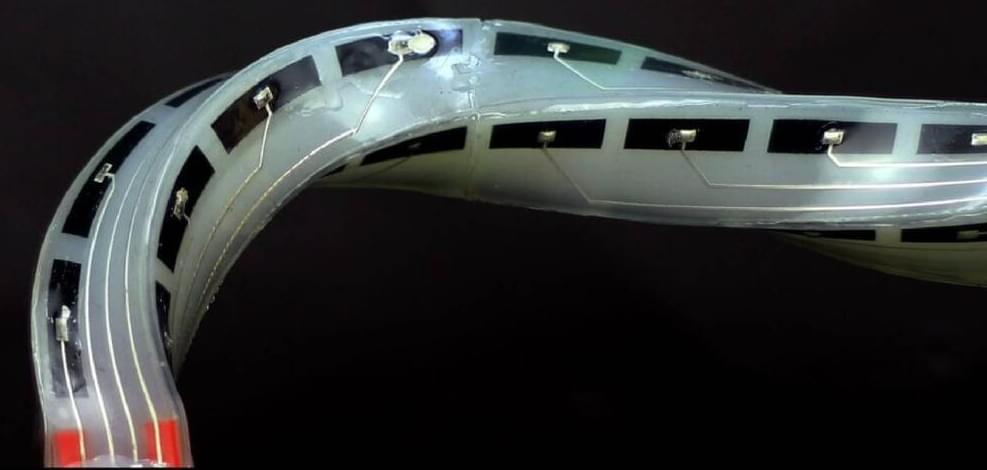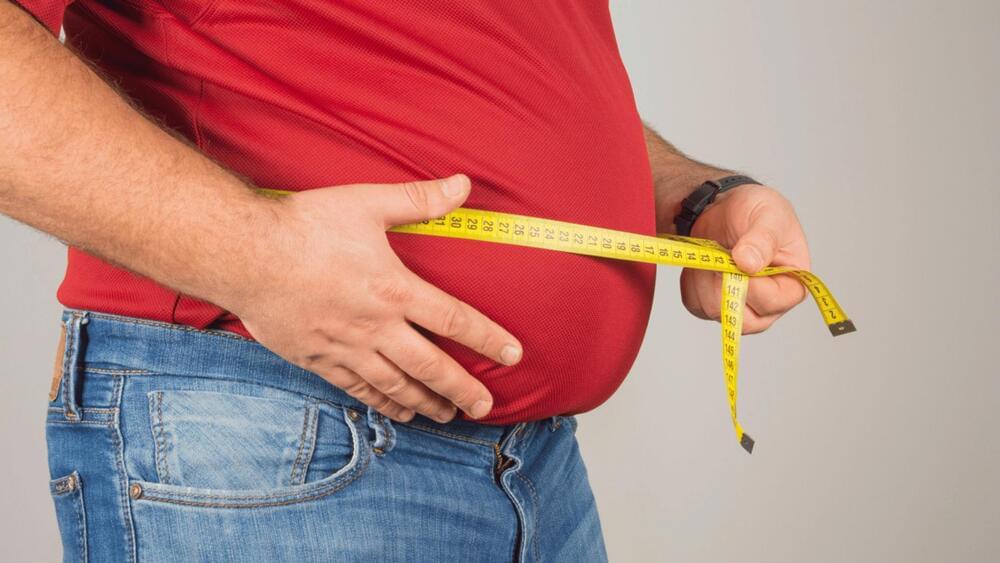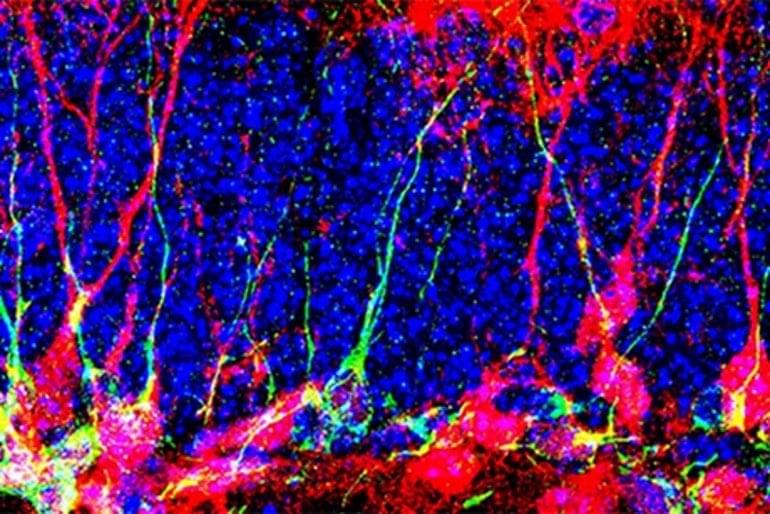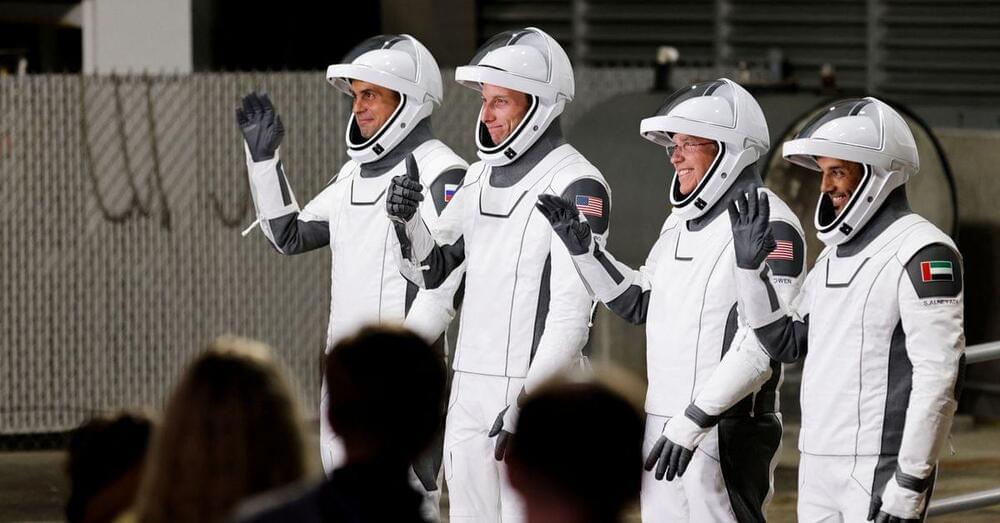A new RMIT-led international collaboration published in February has uncovered, for the first time, a distinct disorder-driven bosonic superconductor-insulator transition.
The discovery outlines a global picture of the giant anomalous Hall effect and reveals its correlation with the unconventional charge density wave in the AV3Sb5 kagome metal family, with potential applications in future ultra-low energy electronics.
Superconductors, which can transmit electricity without energy dissipation, hold great promise for the development of future low-energy electronics technologies, and are already applied in diverse fields such as hover trains and high-strength magnets (such as medical MRIs).
